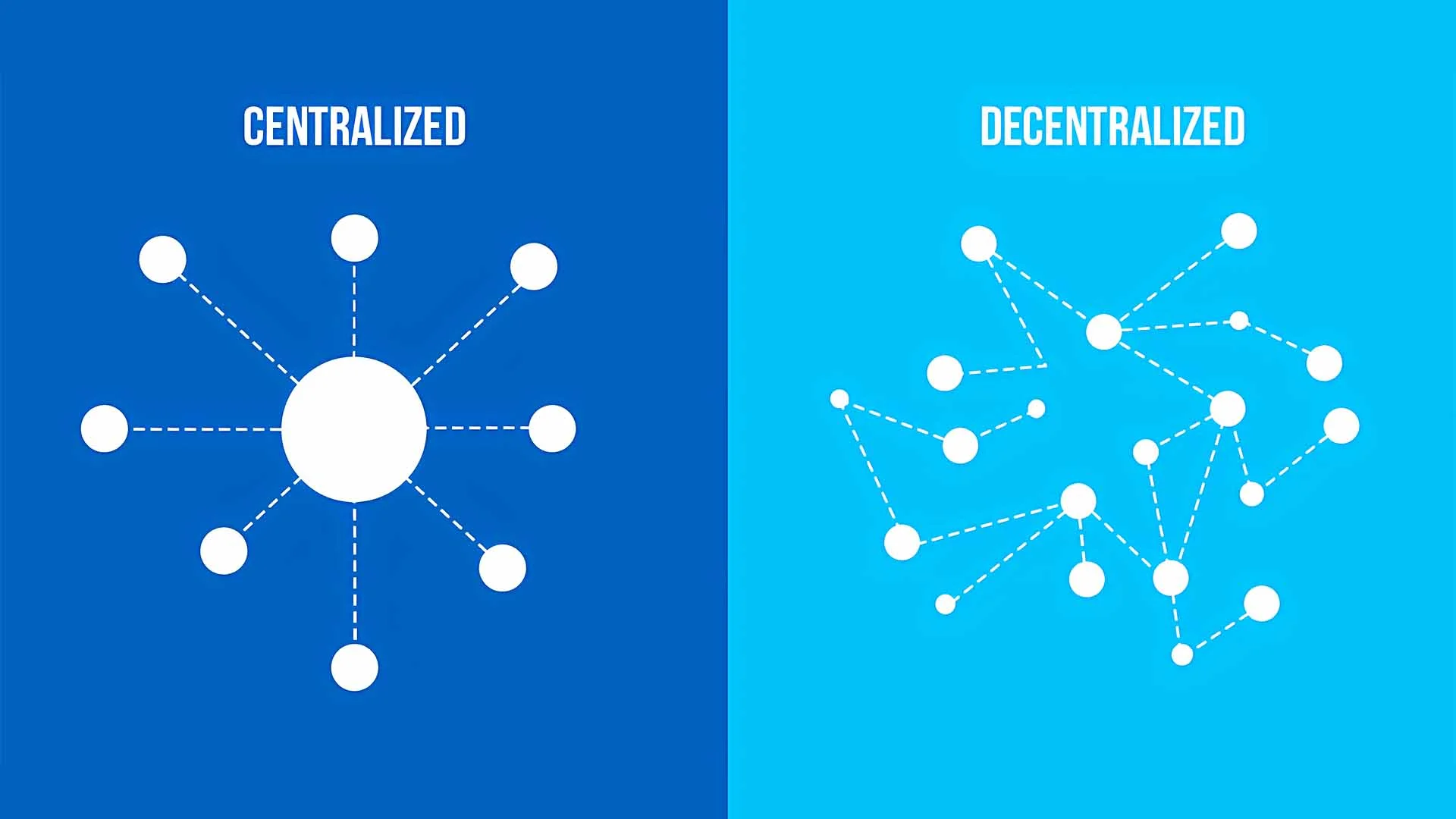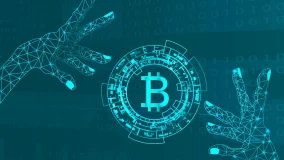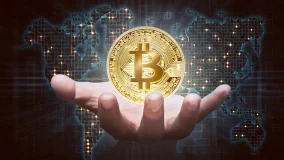Table of Contents
Advantages of Trading on a Decentralized Exchange
Decentralized exchanges (DEXs) have gained popularity in recent years as an alternative to centralized exchanges (CEXs). DEXs allow users to trade cryptocurrencies in a peer-to-peer (P2P) manner without relying on intermediaries.

Introduction
Decentralized exchanges are a type of cryptocurrency exchange that operates on a distributed network. Unlike centralized exchanges, which are controlled by a single entity, decentralized exchanges rely on a network of nodes to facilitate transactions. This makes them less susceptible to security breaches and hacking attacks, as there is no central point of failure.
Advantages of Decentralized Exchanges
User Control
One of the main advantages of decentralized exchanges is that users have greater control over their funds. With centralized exchanges, users must deposit their funds with the exchange, which holds them in a centralized wallet. This means that users do not have control over their funds and must rely on the exchange to keep them safe. In contrast, decentralized exchanges allow users to keep their funds in their own wallets, giving them complete control over their assets.
Enhanced Security
Decentralized exchanges offer enhanced security compared to centralized exchanges. Since there is no central point of failure, it is much more difficult for hackers to target decentralized exchanges. Additionally, decentralized exchanges use smart contracts to execute trades, which eliminates the need for intermediaries and reduces the risk of fraud.
Low Fees
Decentralized exchanges typically have lower fees than centralized exchanges. This is because they do not require the same level of infrastructure and support as centralized exchanges. Additionally, since there are no intermediaries, there are no middlemen to take a cut of the transaction.
Fast Transactions
Decentralized exchanges offer fast transaction times since trades are executed directly between buyers and sellers. This eliminates the need for order matching, which can cause delays on centralized exchanges. Additionally, since transactions are executed on a distributed network, there is no need for centralized servers, which can slow down transaction times.
Anonymity
Decentralized exchanges offer a greater degree of anonymity compared to centralized exchanges. Since users do not need to provide personal information to trade on a decentralized exchange, their identities are protected. This is particularly important for users who value their privacy and want to keep their trading activity confidential.
Global Access
Decentralized exchanges offer global access to cryptocurrencies. Since they are not restricted by geographical boundaries, users from anywhere in the world can trade on a decentralized exchange. This makes decentralized exchanges an ideal option for users who live in countries where access to centralized exchanges is restricted.
Decentralization
Decentralization is the core principle behind decentralized exchanges. Since they operate on a distributed network, they are not controlled by a single entity. This makes them more resilient to censorship and government intervention. Additionally, since there is no central authority, users can trade without fear of their accounts being frozen or their assets being seized.
Disadvantages of Decentralized Exchanges
Limited Trading Pairs
Decentralized exchanges typically have a limited number of trading pairs compared to centralized exchanges. This is because decentralized exchanges rely on the availability of liquidity for each trading pair, and liquidity is usually lower on decentralized exchanges compared to centralized exchanges.
Lower Liquidity
Decentralized exchanges have lower liquidity compared to centralized exchanges. This means that users may find it difficult to execute large trades or trades involving illiquid assets. Additionally, since decentralized exchanges are relatively new, they may not be as well-known or widely used as centralized exchanges, which can further limit liquidity.
Conclusion
In conclusion, decentralized exchanges offer several advantages over centralized exchanges, including user control, enhanced security, low fees, fast transactions, anonymity, global access, and decentralization. However, decentralized exchanges also have some disadvantages, such as limited trading pairs and lower liquidity. Ultimately, the choice between decentralized and centralized exchanges depends on individual preferences and needs.
FAQs
-
Are decentralized exchanges safer than centralized exchanges? Decentralized exchanges offer enhanced security compared to centralized exchanges since there is no central point of failure. However, users should still take precautions to keep their funds safe, such as using secure wallets and following best security practices.
-
Can anyone trade on a decentralized exchange? Yes, anyone with an internet connection can trade on a decentralized exchange. However, users should ensure that they are complying with any applicable laws and regulations in their jurisdiction.
-
Do decentralized exchanges charge lower fees than centralized exchanges? Yes, decentralized exchanges typically charge lower fees than centralized exchanges since they do not require the same level of infrastructure and support.
-
Are decentralized exchanges more difficult to use than centralized exchanges? Decentralized exchanges can be more difficult to use for beginners since they may require users to interact with smart contracts and decentralized wallets. However, once users become familiar with the process, trading on a decentralized exchange can be just as easy as trading on a centralized exchange.
-
Can decentralized exchanges handle large trades? Decentralized exchanges may have lower liquidity compared to centralized exchanges, which can make it difficult to execute large trades. However, some decentralized exchanges are working to increase liquidity and improve their ability to handle large trades.
-
Are decentralized exchanges subject to government regulations? Decentralized exchanges are typically less regulated than centralized exchanges since they do not have a central authority. However, some governments are beginning to regulate decentralized exchanges in order to prevent illegal activities such as money laundering and terrorism financing.
-
How can I find a decentralized exchange to trade on? There are several decentralized exchanges available, and users can find them by searching online or asking for recommendations in cryptocurrency communities. It's important to do research and choose a reputable exchange that meets your needs and offers the trading pairs you're interested in.
-
Can I trade all cryptocurrencies on a decentralized exchange? No, decentralized exchanges typically have a limited number of trading pairs available. However, the number of trading pairs is growing as decentralized exchanges gain popularity and more developers create decentralized applications.
-
How do I know if a decentralized exchange is secure? Users should research the reputation of a decentralized exchange before trading on it. They can also look for security features such as two-factor authentication and multisig wallets, which can help protect their funds.
-
What is the future of decentralized exchanges? Decentralized exchanges are still a relatively new concept, but they are gaining popularity and are expected to become more widely used in the future. As technology and infrastructure improve, decentralized exchanges may be able to overcome some of their current limitations and become a more viable alternative to centralized exchanges.
Sources
- "What Are Decentralized Exchanges? A Comprehensive Guide", CoinCentral.
- "How to Use a Decentralized Exchange", Investopedia.
- "What Is a Decentralized Exchange?", Cointelegraph.
- "The Pros and Cons of Decentralized Exchanges", Crypto Briefing.



